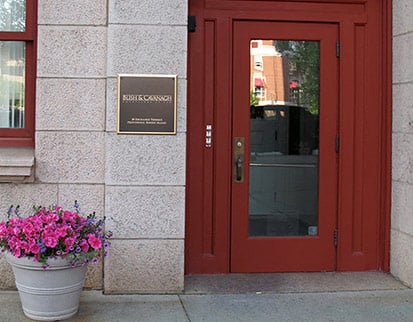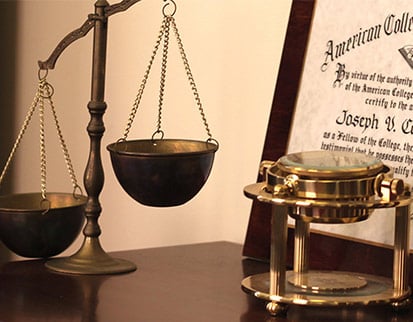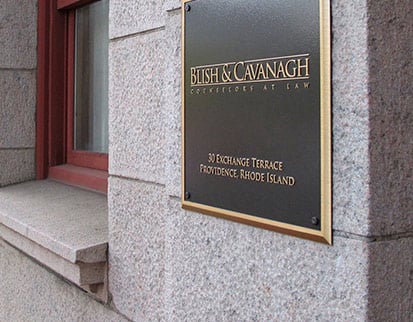You may have felt a sense of relief when your sibling said that your mother could move in after she fell or that they would stay with your father because of his declining health. Knowing that a family member was there may have made you feel like your parent received the support they needed while dealing with the health complications of advanced age.
However, now that your parent has died, you find yourself feeling less grateful because it appears that your sibling may have manipulated your parent. Specifically, when it came time to read their will, it turns out that your sibling who served as a caregiver was suddenly the main or only beneficiary of the estate.
As frustrated or betrayed as you may feel, the good news is that you may have grounds to bring a challenge against the estate.
Caregivers and family members can exert undue influence
Older adults are vulnerable. They may completely depend on someone else to manage their daily needs. Some people offering support to older adults will try to use that arrangement for their own benefit. They use undue influence to lay claim to more property from the estate.
They might manipulate the person in their care by not allowing visitors or not passing along birthday cards and letters. The goal is to create a rift between the parents and other family members so that they change their estate plan. Some caregivers will be more direct and outright threaten an older adult by withholding food, socialization or medication until they agree to make changes to their will.
Late-in-life changes that benefit a caregiver may be suspicious and could be an indication of undue influence.
When you suspect misconduct, you can go to probate court
You cannot challenge someone’s last will for just any reason. You need to suspect some kind of significant issue, like a lack of testamentary capacity on their part or undue influence by someone else.
If the probate courts agree that the circumstances seem suspicious, they may uphold an older version of the estate plan. If there isn’t an older version to use, then they may treat the estate as though there were no documents created, signing the property according to intestate succession laws. Understanding when it might be in your best interest to initiate probate litigation can help protect the inheritance your parents wanted to leave for you.








